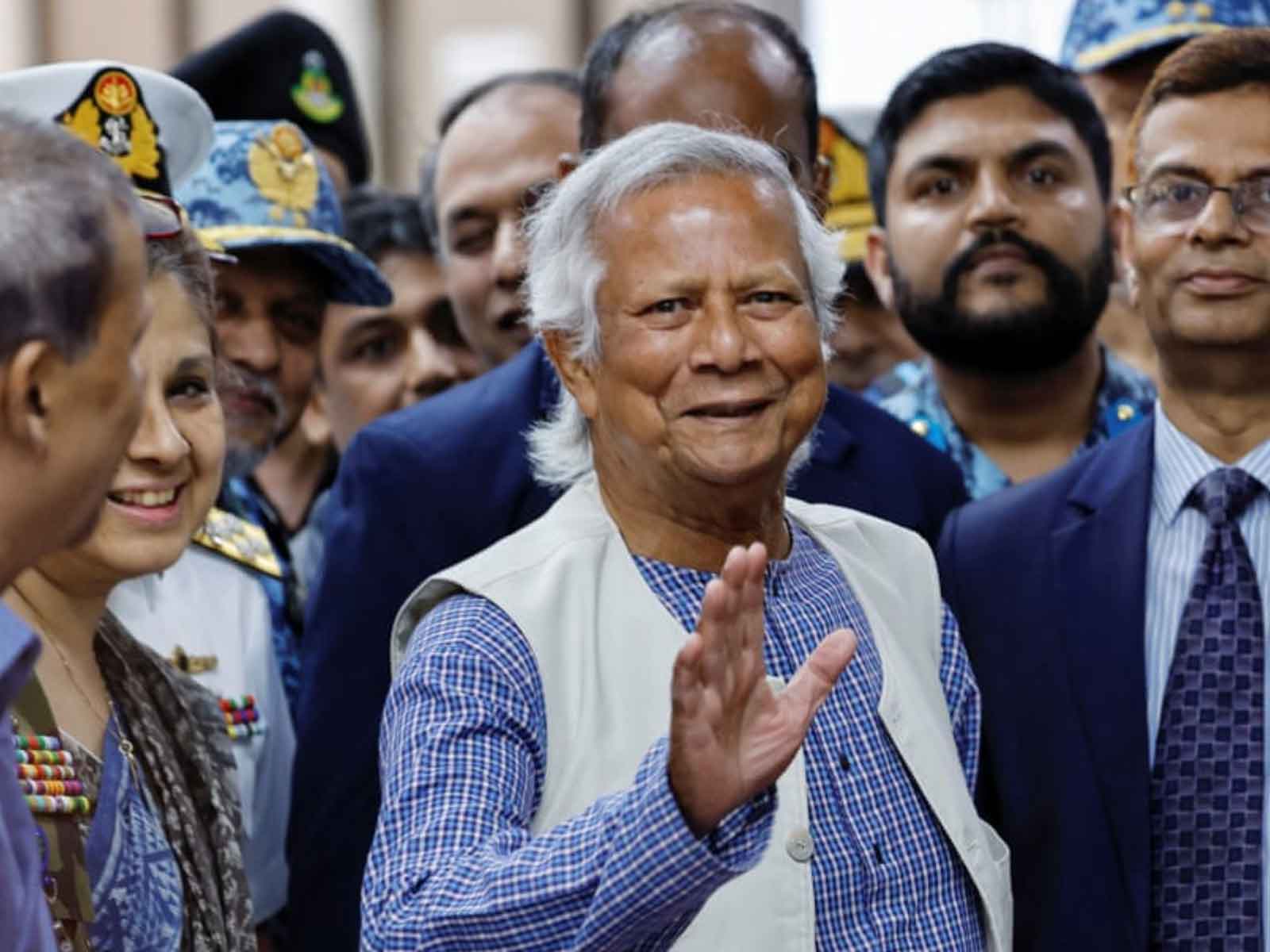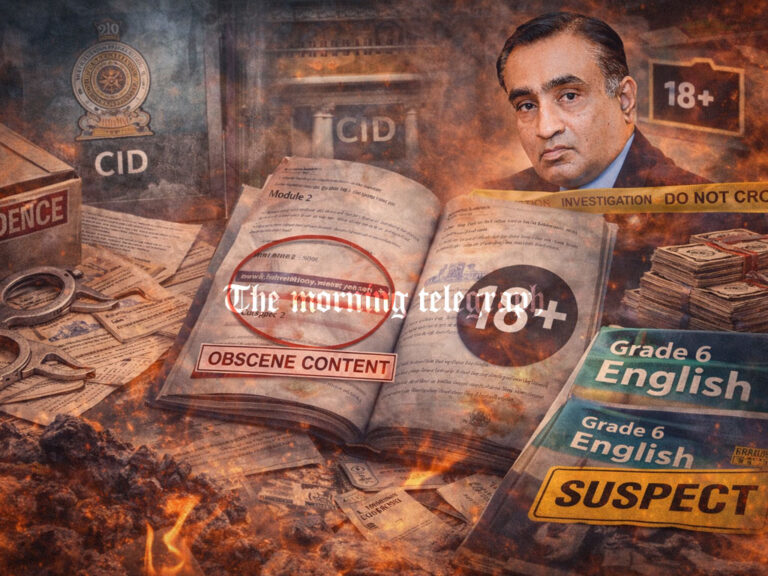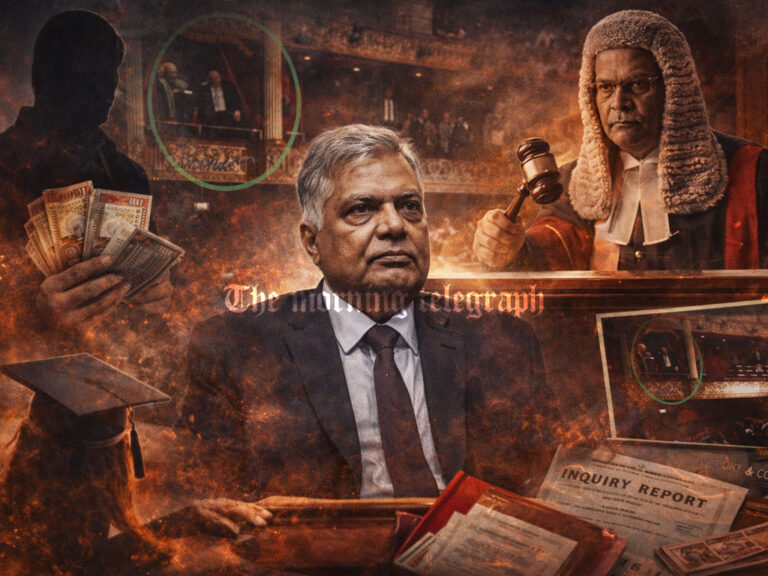
Nobel laureate Muhammad Yunus has been sworn in as the interim leader of Bangladesh, vowing to uphold the constitution and perform his duties with sincerity. The 84-year-old Yunus, who arrived in Dhaka from France on Thursday, acknowledged the challenges ahead and the significant work required to restore stability and democracy.
Yunus’s arrival comes shortly after Sheikh Hasina, the former prime minister who had led Bangladesh with an iron fist for 15 years, fled to India. Hasina’s resignation followed weeks of intense student-led protests, which resulted in over 400 deaths and demands for her removal. The protests, initially sparked by opposition to a civil service quota system, escalated into a broader anti-government movement.
The decision to appoint Yunus as the chief adviser of the interim government was made following discussions between President Mohammed Shahabuddin, military leaders, and student representatives. Students had explicitly rejected the idea of a military-led government, instead endorsing Yunus as a leader who could steer the country back toward democratic governance.
Yunus, widely known for his pioneering work with micro-loans, expressed optimism and emphasized the need for “discipline” as Bangladesh embarks on a path of reconstruction. At the airport, he remarked on the excitement among the people and the fresh opportunities for the nation. He described the day as “glorious,” likening it to a “second independence” for Bangladesh and calling for the restoration of law and order.
The country has been in turmoil recently, with the Supreme Court’s decision to abolish the civil service quota system leading to further unrest. Protests had intensified, with plans to march on the prime minister’s residence, but the situation shifted dramatically with Hasina’s abrupt resignation and departure.
In his address, Yunus paid tribute to those who lost their lives during the protests, recognizing their role in bringing about a new chapter for Bangladesh. He acknowledged the suppression of dissent under Hasina’s rule, during which Yunus himself faced legal troubles in what he described as politically motivated cases.
Yunus called upon the nation’s youth to play a crucial role in rebuilding Bangladesh, urging them to create a new foundation for the country’s future. “Bangladesh can be a beautiful country, but we destroyed the possibilities,” he said. “Now we have to build a seedbed again,” he added, referring to the students who greeted him with enthusiasm.




